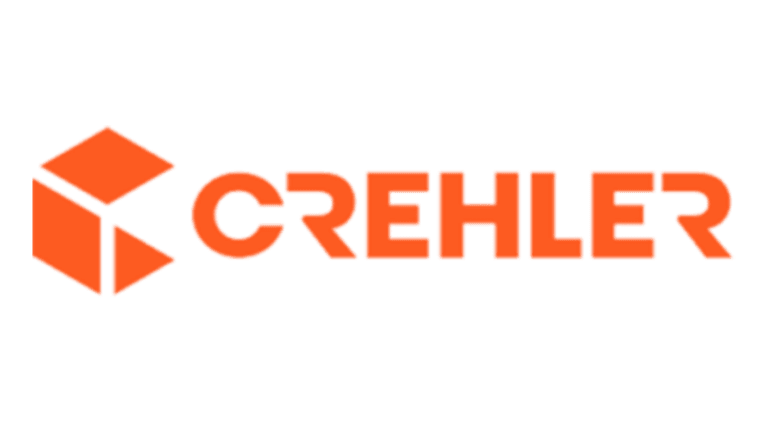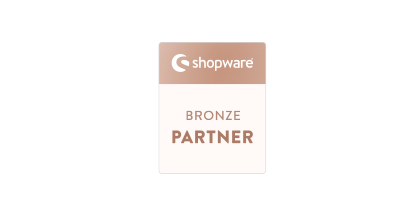According to Statista research, a single e-commerce customer generates an average revenue of US$1,620.00. By neglecting to run an online store, you are wasting the opportunity to gain customers from different regions of your country.
But before you jump eagerly into the digital world, you need to choose a platform that will let you spread your wings. Check out the article and learn what to consider to attract customers willing to spend hundreds of dollars in your online retail store in 2025.
What factors are worth considering when choosing e-commerce platforms?
Choosing the right e-commerce platform can expand or drown your business. If you base your store on an unintuitive, slow, and expensive solution, you won’t see increased profits – you’ll only suffer gigantic losses. Explore the basics to watch out for before you start putting your products on digital shelves.
Budget limitations
E-commerce solution providers usually have eye-catching deals at the start of cooperation. Figure out how much you will have to pay after the promo period. Add the cost of necessary plug-ins, extra features, and other fees related to running an online store.
Simplicity
Ease of use is key for small entrepreneurs who will be managing the online store independently. Choose a solution that you can use without advanced technical knowledge.
Scalability
We wish you fast growth in your e-commerce business. To avoid encountering major problems along the way, choose a scalable software solution as your product line expands and new traffic arrives.
Integration with other solutions
Don’t add to your workload. Choose an e-commerce sales solution that automates invoice shipping, inventory updating, and many other time-consuming tasks through integration with dedicated tools.
Flexibility and customization
You certainly want to customize your online store to attract customers with its visual appearance. Ensure that the platform you choose allows you to modify graphics, text, and other elements that impact the online shopping experience.
SEO support
Fight for high search engine positions to gain new customers. Online shopping platforms focused on SEO suggest how to modify your site address or metadata, even if you have no SEO knowledge.
Higher search engine rankings are also achieved by those stores that offer a seamless mobile experience. In 2024, as much as 60% of global e-commerce sales took place on mobile devices.
Data safety
Paying online demands providing a lot of personal information. Their theft from your store would cause gigantic losses to hundreds of customers. Check if the e-commerce platform you choose has login security (2FA), fraud detection, and DDoS attack protection.
Customer support
If you don’t choose custom web application development, you rely on the technical support offered by the online shop provider. You should also know if the platform automatically updates functionalities or security levels in users’ shops.
Pros and cons of the most popular e-commerce platforms
In the e-commerce software market, you can find multiple solutions that will let you sell online (from low/no code to custom ones). Below, we gathered the pros and cons of the most popular platforms. Check out our e-commerce platform comparison and find the best software for your business!
WooCommerce
WooCommerce is a WordPress plugin that adds shopping options to your website. Its installation is free, but the open-source model can cause problems for people who don’t work with code. WooCommerce offers SEO tools, multiple payment processing options, and multi-channel sales capabilities. All security features (mostly paid) must be added by users.
| Pros | Cons |
|---|---|
| + Free to install and use + Fully integrated with WordPress + Access to the extension store + Fully customizable | – You need a WordPress-based site – You need a developer support – Hard to scale (slows down the website) – Limited payment options – You need to care about security yourself |
Medusa
Medusa is a modern, open-source e-commerce platform designed for flexibility and scalability. It’s especially popular among companies that value the ability to customize the platform to their unique needs.
| Pros | Cons |
|---|---|
| + Seamless integration with any frontend (headless API) + Fully customizable + Quick deployment with minimal infrastructure requirements + Supports microservices | – You need a developer support – Small amount of ready-made integrations – Limited community and support |
Sylius
Sylius is a flexible, PHP-based e-commerce platform built on Symfony. It is known for easy integration and extensive customization options. Sylius is perfect for medium and large businesses that need a personalized online store.
| Pros | Cons |
|---|---|
| + Modular structure + Supports international markets, languages, and tax settings + Open-source model with no licensing fees | – You need the support of a PHP developer – Too complex for small businesses with limited budgets – Needs more resources than simple SaaS solutions |
Shopware
Shopware is a German software solution for e-commerce based on PHP. Shopware combines flexibility with a rich set of ready-made features. It is available in both open-source and commercial versions, giving companies the freedom to choose.
| Pros | Cons |
|---|---|
| + Highly customizable + Rich ecosystem of plugins and integrations + Strong community support + Integrates with any system | – The commercial version is expensive – Implementation needs technical expertise |
Custom web application development
Has none of the above solutions met your expectations? Custom web app development is a perfect choice for businesses that need to adjust every aspect of the online store. This solution offers limitless modification and personalization possibilities.
| Pros | Cons |
|---|---|
| + You can turn any idea into functionality + You will easily integrate your tools with a custom solution + You own the code and architecture + Custom solution adjusts easily to the size of your business | – High implementation and maintenance costs – Takes longer than the implementation of a ready-made solution – Requires an experienced web development team – Continuous updates and maintenance (extra cost) |
Summary
Now that you know the capabilities of your business and the features of the most popular e-commerce platforms, you can start going online. Off-the-shelf solutions will be perfect when you depend on time and don’t have high expectations. But if you need a solution that reflects your exact needs, choose custom web app development and get the e-commerce store you dream of!
GET IN TOUCH
Need custom web app development?
Our experienced team is ready to talk about your idea and advise you the best approach.























